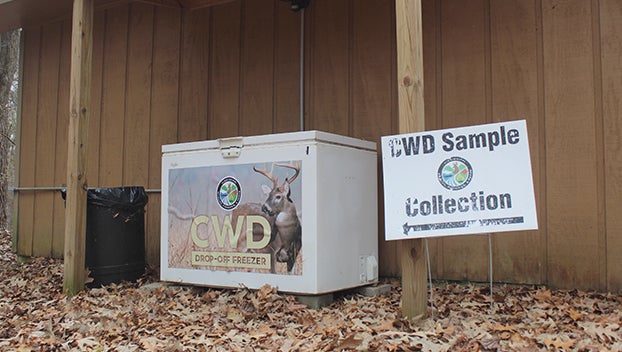Principals voice concern over third grade reading gate
Published 7:00 am Sunday, March 8, 2015
Local educators say they are wary of Gov. Phil Bryant’s third-grade reading gate, citing concerns about over-testing and a lack of resources.
The Literacy-Based Promotion Act, which was championed by Bryant and based on a similar program in Florida, would keep third graders who fail an end-of-the year reading test from being promoted to the fourth grade.
In February, the Mississippi House of Representatives voted to postpone the Third Grade Reading Gate for a year, citing under funding as the main reason. However, the bill never made it out of committee in the senate. Without passing the senate, the promotion act will stay intact this year.
Local administrators seemed concerned about what that meant for their students.
“Florida put an awful lot more money into their resources,” Enterprise Attendance Center Principal Shannon Eubanks said about Mississippi’s appropriation of $9.5 million for the bill. “The problem for Mississippi is that they’re drastically increasing standards without the resources.”
Eubanks said most teachers he knows have serious reservations about the act and he’s fearful that teachers are being asked to perform more without the resources to do so.
Loyd Star Attendance Center Principal Robin Case has misgivings about the reading gate and standardized tests in general.
“If it keeps up, we’re going to have a hard time finding third-grade teachers,” Case said about the state adding more standardized tests to its students’ plate.
Case said she grew up in an era that didn’t rely on such a level of testing, and she still received a quality education. She said it concerns her that teachers aren’t allowed to discover new methods that would engage students as well as increase learning. She said students could have fun and learn at the same time if teachers were allowed that freedom.
Case said the biggest problem with the reading gate is that one test will determine whether or not a child will advance to the next grade.
“What if the child doesn’t feel well or something at home is going wrong,” Case said. “There’s a lot riding on this test without enough latitude.”
Both administrators expressed concerns about the bill’s exemptions for special education students. Case said the act still has some kinks to be worked out.
“In a utopian situation the third-grade gate would not be a do-or-die situation, it would be a portion of what goes into consideration for advancement,” Case said.
Case said the answer to the state’s education problems is not adding more testing but implementing less testing.
Eubanks, who also isn’t a fan of standardized testing, said the trust has been lost in teachers and the work they do.
“Teachers know who is reading on a certain level or not,” Eubanks said. “What this bill says is that ‘we don’t trust you when you say these students are ready to advance.'”
Eubanks said that if the third-grade reading gate is to become a reality there needs to be more than two years of preparation. He said that with no cutoff score and no real live testing so that teachers can see what the test will be like, teachers are going in blind and the children are held responsible.
He said he dislikes that the governor is proud of holding students back when schools should be moving them forward.
Eubanks said the best solution would be to implement an intensive parallel track system that would allow students to advance as they regularly would but also be paired with focused and intensive reading help to match their needs at the time. Eubanks is aware that the governor’s proposed program and his own suggestion would require more time and money to implement.
“They can test us to death, but it won’t change the fact that we don’t have the resources,” Eubanks said.
Case said that in the end, a serious look at education funding in the state is needed.
“It would allow me to get my wish list,” Case said Loyd Star being fully funded. “And at the top of that list is reading teachers and coaches for K through 12.”





